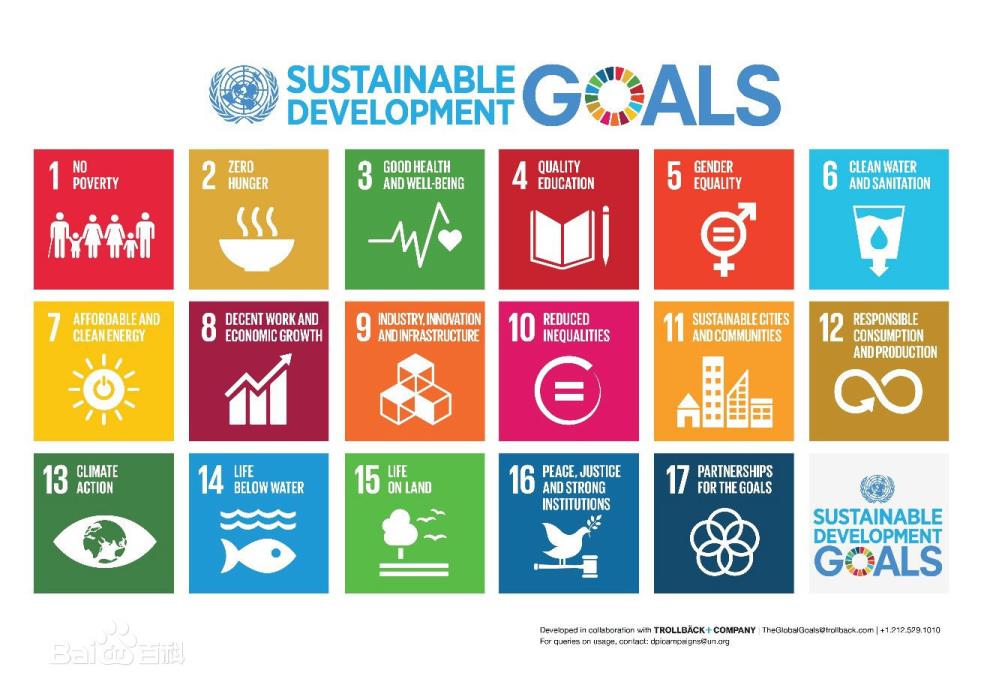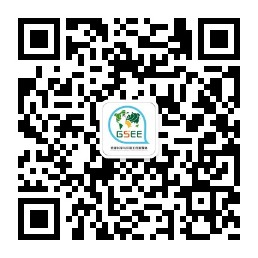hy3380cc海洋之神成为联合国全球地理空间信息管理局学术网络工作组成员
2019年3月2日,接联合国全球地理空间信息管理局(The United Nations Global Geospatial Information Management,UN-GGIM)主席Abbas Rajabifard教授的通知,经过严格国际评选,西南交通大学地球科学与环境工程学院正式被接纳为UN-GGIM学术网络工作组成员,是目前中国范围内继武汉大学之后第二个成员单位。目前,UN-GGIM学术网络工作组由41个成员组成,涉及29个国家。UN-GGIM学术网络是一个由国际认可的大学、研究机构和教育中心组成的联盟,其主要目标是通过在地理空间、土地信息和相关研究和教育上的协作和战略咨询,促进全球获得联合国千年发展目标及其附属成员的研究和教育能力,进而确定和应对联合国千年发展目标及相关联合国办事处面临的挑战和机遇。
The FGEE of SWJTU Joining the UN-GGIM
Congratulations on the SWJTU membership to the United Nations Global Geospatial Information Management (UN-GGIM) Academic Network!
To support and contribute actively to the capacity building and Sustainable Development Goals (SDGs) 2030 of China and the World, through fulfilling the responsibility membership of the Southwest Jiaotong University (SWJTU) in the UN-GGIM Academic Network, the Faculty of Geosciences and Environmental Engineering (FGEE) has now joined to the UN-GGIM World community (
http://unggim.academicnetwork.org/academic-network-members/).
SDGs are conceived for a wide range of issues in local, national, regional, and global contexts. These include the major development issues related to poverty, hunger, health, natural hazards, agriculture, education, and gender inequality. In addition, SDGs cover specific topics such as energy, infrastructure, economic growth and employment, inequality, cities, sustainable consumption and production, climate change, forests, oceans, and peace and security.

The global goals for sustainable development
We aim to support determining potential components for the SDGs 2030 strategic roadmap and recommendations for the national action plan. It is not possible unless we work together for learning and developing capacity building strategies for strengthening geospatial knowledge and impact across different domains.
Therefore, SWJTU is committed to contribute and support developing the architecture of GGIM with a strategic roadmap based on the global development policy of 2030 Agenda and beyond, through capacity building, and capacity development and strengthening education. We will work together to support the young generation in innovative and cutting-edge technologies and research in geospatial disciplines through the Academic Network and understanding of the problems with the help of the private industry sectors at the UN-GGIM Academic Network to enable SDGs implementation and achievements.
Let’s work together with better geospatial information and build a better world and future generations.
Thanks to Professor Abbas Rajabifard, the Chair of the UN-GGIM Academic Network and the Committee for the approval.
 新闻中心
新闻中心
 扫一扫,欢迎关注
扫一扫,欢迎关注
